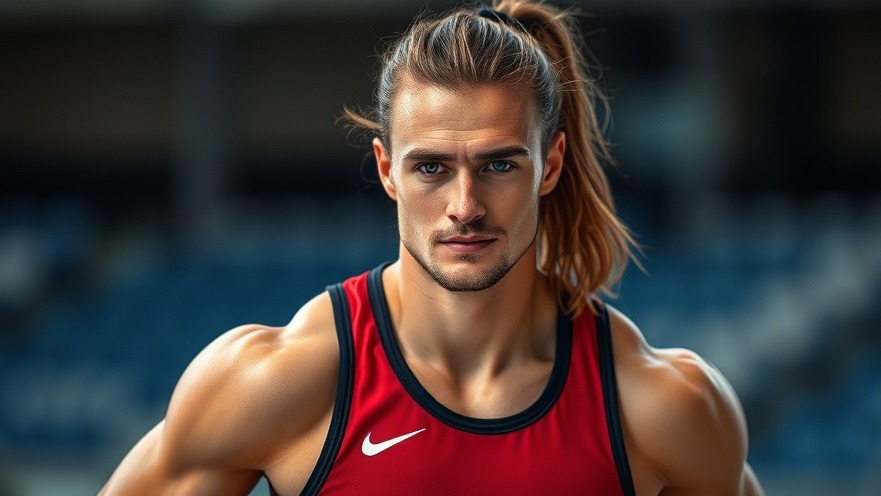
The Growing Debate on Transgender Athletes in Women's Sports
In recent weeks, the conversation around transgender athletes competing in women's sports has gained significant traction, particularly following comments from Pete Buttigieg, the current U.S. Secretary of Transportation. During a public appearance, Buttigieg doubled down on his stance questioning the fairness of biological males competing against females in athletic contests. As one of the more prominent voices from the Democratic Party, his remarks have sparked intense debate not only within political circles but also among athletes, sports organizations, and advocates nationwide.
Divided Opinions: A Party and a Nation Split
Despite the Democratic Party's long-standing advocacy for LGBTQ+ rights, this issue appears to reveal a fracture within the party itself. Polls indicate that a majority of Americans oppose the idea of biological males competing with women in sports, suggesting that the topic transcends the political spectrum and taps into broader concerns about fairness and competition.
While Buttigieg's views reflect a cautious consideration of fairness, they have also drawn criticism from advocates who argue that such stances undermine the rights and identities of transgender individuals. This divide is particularly poignant as many feel pressured to conform to a binary perspective on gender issues, sidelining the complexities involved.
Historical Context: Understanding Gender and Sports
Historically, women have fought valiantly for equality in sports, often facing discrimination and lack of opportunities in comparison to their male counterparts. The introduction of Title IX in 1972 was a significant milestone, mandating gender equity in federally funded education programs, thus expanding women's access to sports at an unprecedented level. Yet, as gender identity has evolved, so too has the conversation surrounding sports and fairness.
The inclusion of transgender athletes in competitive spaces raises vital questions regarding the fundamental concept of fair competition and what it means within the realm of sports. Critics argue that without clear guidelines regulating transgender participation, biological differences might create an uneven playing field, while supporters maintain that inclusion should remain a priority to foster acceptance.
Real-Life Experiences: Athletes Weigh In
Amidst this discussion, athletes from various disciplines have shared their experiences. For example, Olympic medalist and former swimmer Natalie Coughlin has advocated for a more nuanced approach to the inclusion of transgender athletes, emphasizing the need for policies that recognize individual circumstances while preserving competitive balance. These personal narratives highlight the emotional toll that public debates can exert on athletes, as they navigate their identities under the spotlight.
Future Predictions: Policy Directions Ahead
As the 2028 Los Angeles Olympics approach, the question of how to address the participation of transgender athletes will become increasingly pressing. The immediate future seems to hold more debates and discussions as stakeholders—from policymakers to athletes—navigate the complexities involved.
There is speculation that regulatory bodies may need to establish clearer guidelines that both protect athletes' rights and ensure fair competition. That said, the development of these policies will require careful consideration over the ensuing years, reflecting broader societal changes regarding gender identity.
Decisions and Actions: Implications for the Sports Community
Whether you're a participant, coach, or fan, understanding the implications of inclusion policies can affect your perspectives on competitions, team dynamics, and the very essence of sportsmanship. This evolving dialogue presents a unique opportunity for all stakeholders to engage in constructive discussions that do not shy away from difficult questions.
Call to Action: Getting Involved in the Conversation
As this vital conversation unfolds, readers are encouraged to engage actively with local sports organizations and advocacy groups. Understand the varying viewpoints and consider how policies can promote inclusivity while ensuring fairness. Join discussions online or at community events, surfacing your thoughts and insights to contribute positively to the evolving narrative surrounding sports and gender identity.
 Add Element
Add Element  Add Row
Add Row 



Write A Comment